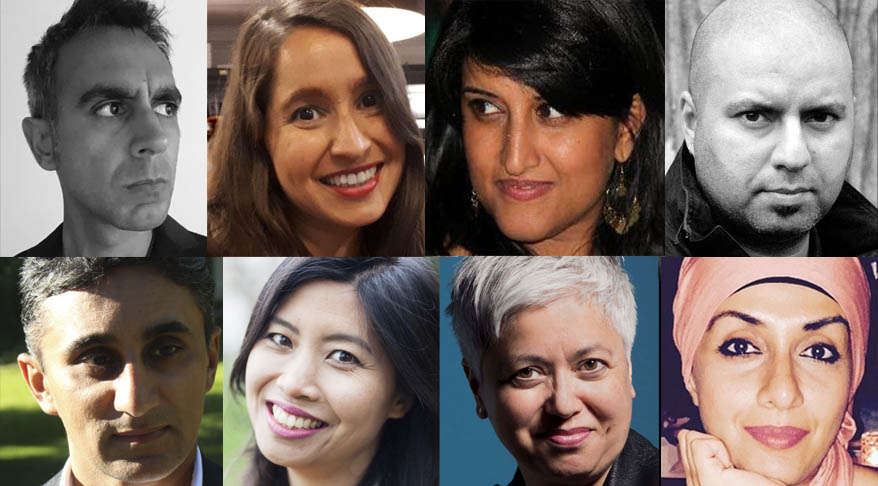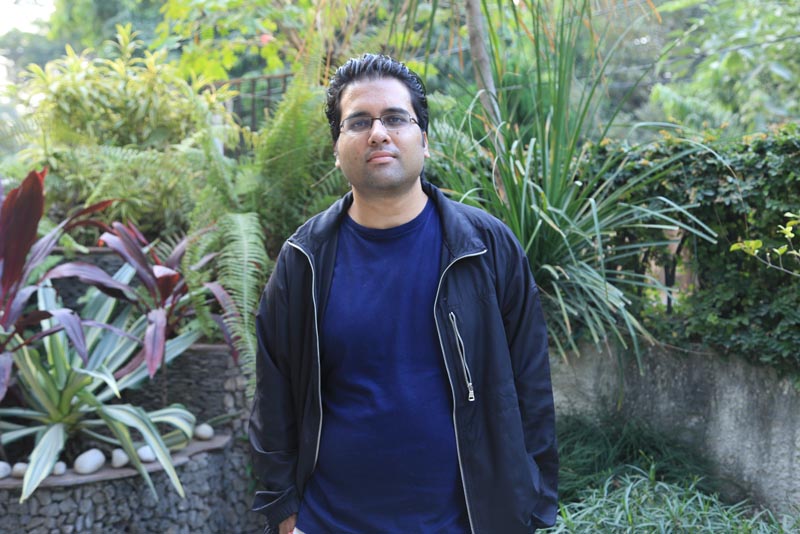At a time of political instability, many in the UK are clinging to the old, old story that has shaped our beliefs and values for the last fifty years. The old boys’ network that has held sway over British society for centuries is losing its shine, if not its power. While some desperately cling to the narrative that Britain can go it alone in the world, a mainly younger urban cohort has grown up in multicultural Britain with an understanding of the need to compete for jobs in a global marketplace.
The internet has disrupted the old narrative, offering a plurality of international stories to our iphones. This new narrative offers a world of opportunities, where a nobody can be a somebody in the time it takes for a posting to go viral. Privilege no longer guarantees your status.
With the growth in the number of media platforms, there is a hunger for new content and a re-examination of old content, which has allowed stories previously considered left of field, like Margaret Atwood’s dystopian The Handmaid’s Tale, to finally make it to the screen. Now we all know that human experience is more complex than the monoculture led us to believe, and women and minorities are finally being invited to sit at the table – and given a voice too!
In publishing, a predominantly white, middle class domain, small publishers, like myself, have been publishing diverse stories for over 20 years, waiting for readers to cotton on. The jokes I’ve had to listen to by smug literary editors about why they don’t review books from small publishers are many, while books I’ve published have been filleted for ideas by journalists writing for the nationals, with no credit given. But in the end, the old stories fail to satisfy us. There is a craving for something different – stories from the margins where all change begins. The small publishers naturally feel a rapport with the outsiders – women, BAME, LGBTQ writers, refugees, immigrants. Slowly, and without much attention being paid to it, these new writers gain followers and their ideas seep into the cultural discourse, while occasionally breaking through and winning an award.
Small publishers and self-publishers have an important part to play in bringing new voices to the fore. Today, our appetite for social media demands it. And the UK will need all the new ideas it can get as it tries to reinvent itself in the post-Brexit world. The old, old story is clinging on, but not for long…
Cheryl Robson is a writer, editor, producer, director and publisher. She has been described as a creative entrepreneur who knows how to make things happen. She worked for the BBC for several years before setting up a theatre company to develop and produce new writing. This led on to publishing where she has been involved in the editing and publication of over 100 books to date. An award-winning playwright with several plays produced, she completed an MA in Playwriting Studies at Birmingham University in 1991.


